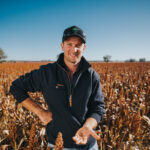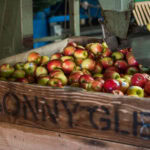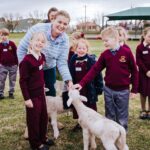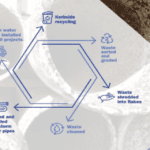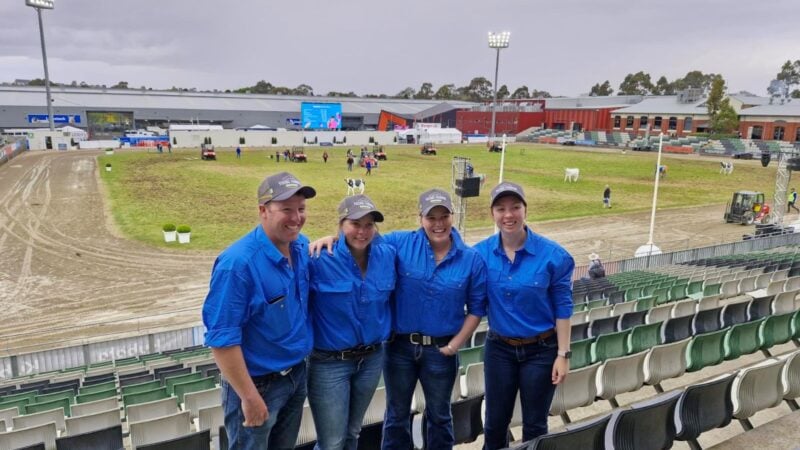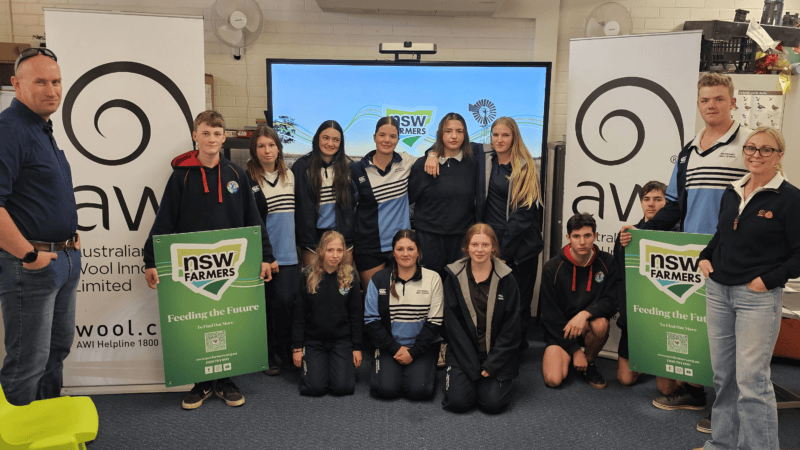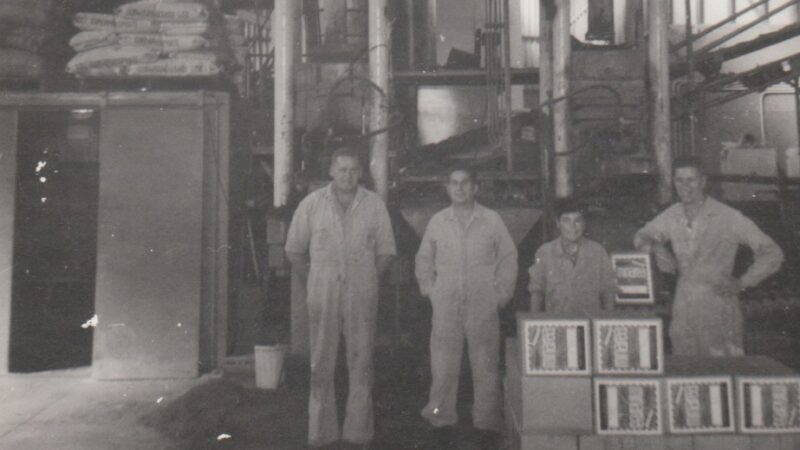Soil carbon sequestration. Grazing management. Reducing methane emissions. Regenerative farming practices. Revegetation. These are just…
Building community trust in agriculture
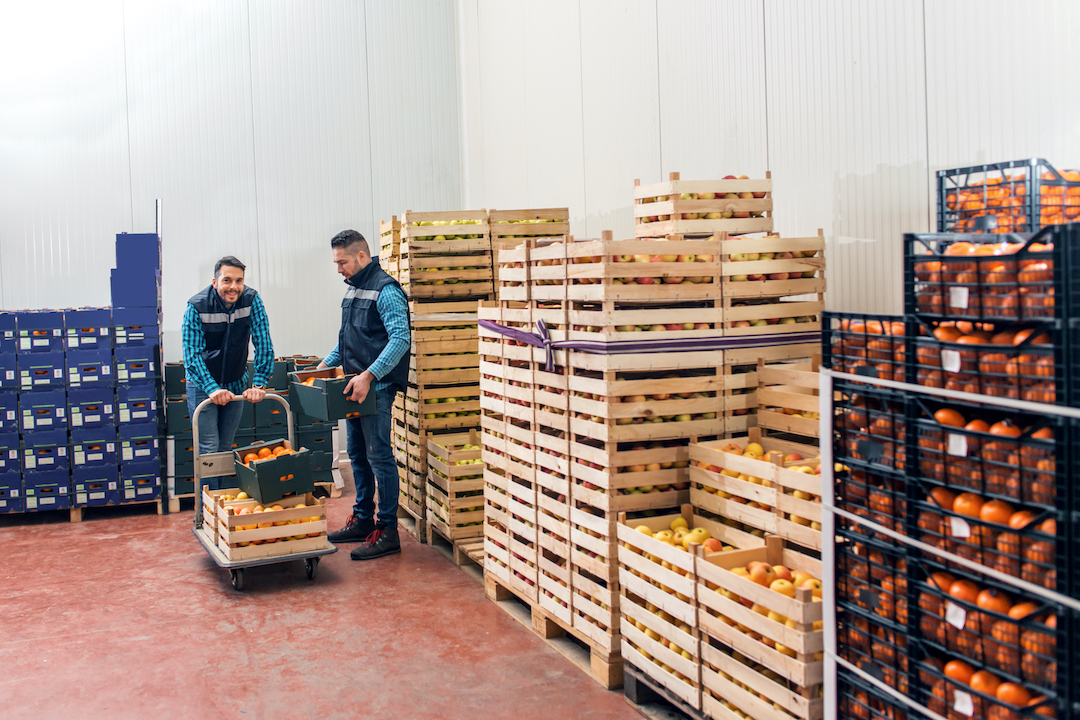
Personal relationships make the difference. That is the finding from a research project asking Australians how they feel about primary industries. It is also the experience of farmers engaged in paddock to plate agribusinesses. So why is there a critical belief that Australians don�t trust farmers?
Is it a beat-up of opinion circulated by commentators and mainstream media? Is it fed by the reactive responses of agri-industry organisations to criticism of Australian primary production?
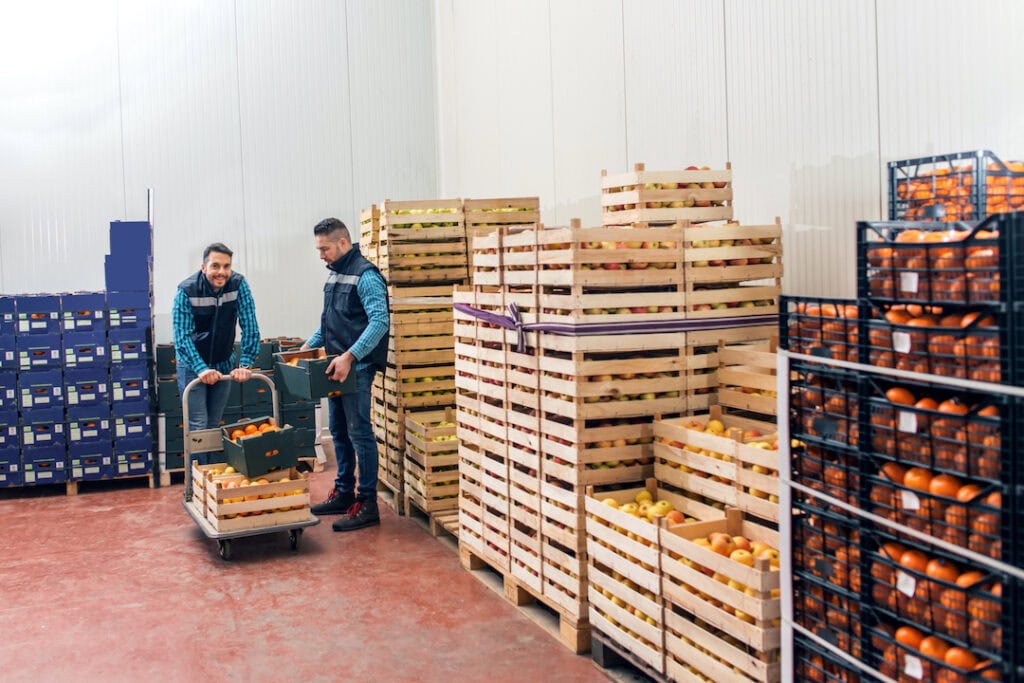
The Community Trust in Rural Industries Program, funded by a number of industry research and development corporations in partnership with the National Farmers� Federation and New South Wales Department of Primary Industries is a four-year project that analyses community perceptions of primary production � agriculture, fishery and forestry.
The program�s first year results were released in 2020, and the second year results were made public in mid-August this year.
In the past, the concept has commonly been referred to as social trust or social license, but now community perceptions of primary production can also be called community trust.
What drives the beliefs of consumers?
The Community Trust Program follows a discussion paper developed by the NSW Farmers Association and NSW DPIE in 2017 recommending a framework that uses data to identify what drives consumers beliefs about Australia�s primary production industries.
�A lot of our commodities and businesses are interested in community views. People have speculated about community trust in agriculture.
�To drive decision making, we � NSWFA � wanted objective data about the community�s understanding of agriculture and their trust in farmers.�
James Jackson, NSW Farmers� President
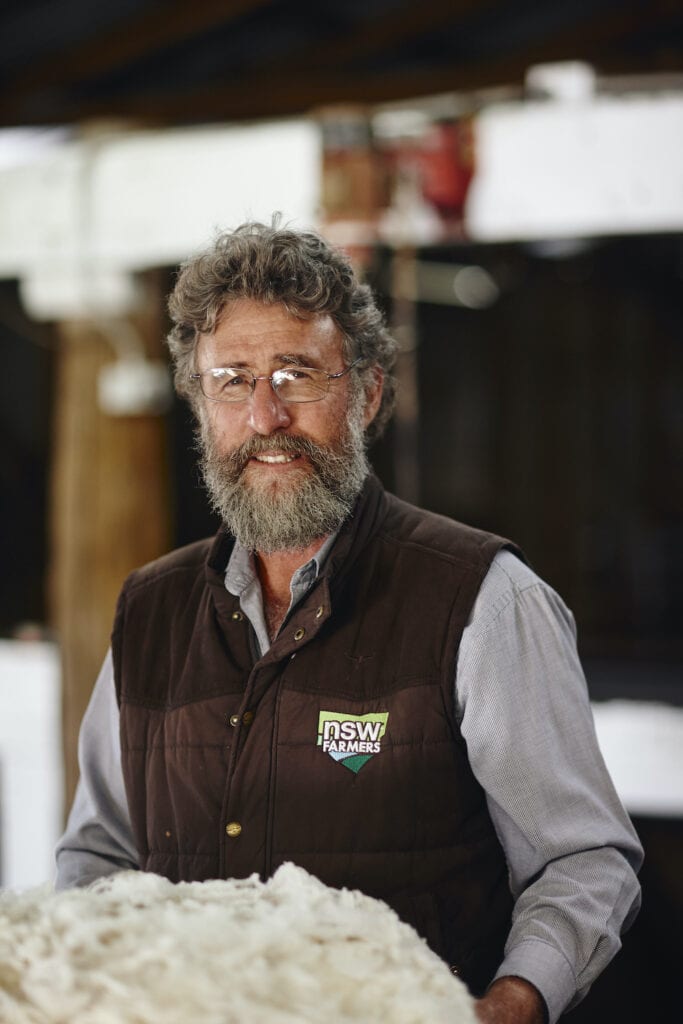
NSW President James Jackson says that rural industry organisations are in a strong position to engage communities in discussion.
In the first year of the project, a large scale national survey of Australian adults created a year one benchmark for comparison against successive years. The targeted survey group of 5000 plus people were spread across regional and urban areas.
�A survey group of 5358 people gives you confidence you have a representative sample of the Australian population,� says Dr Kieren Moffat, principal of Voconiq, and who is undertaking and analysing the four-year research program. “
At the end of this second year of research, there are four key findings.
�Rural industry organisations are in a strong position and can engage the community in discussion. Community trust is a key component for enabling innovation to occur in farming, fishing and forestry and garnering support when dynamic events occur to affect one or many commodities or rural sectors,� Kieren says.
�Of the four key components identified in this year�s research, three replicate last year�s findings. Community trusts that industries operate in environmentally responsible ways, including how they use resources including water, veterinary and husbandry products, and with a focus on sustainability into the future.
�Community trusts that industries will listen to community concerns and respond by willingly changing how they operate, rather than rely on regulation,” Kieren continues.
�The role of industry products drive community trust � the products provide a physical handshake that create connections and relationships between the maker and the consumer.
“The new key component this year is housed around the extent community members feel that industries are receiving a fair go with pricing and return on their investment.�
The first year�s data also identified that when community members understood how drought, bushfires and regulatory issues affected primary producers, they were more likely to be sympathetic to those effects. That connected them to wanting a realistic return on investment for primary producers.
�The pandemic appears to have increased community trust in primary producers, but, again, not at the risk of compromising on their environmental responsibility,” Kieren says.
“The strongest driver of whether and how community trust was bestowed, was how industry demonstrated it was managing its environmental stewardship responsibilities and impacts.”
Succinctly, consumers want to know that the people who produce the food and fibre they purchase hold the same values about environmental stewardship as they do.
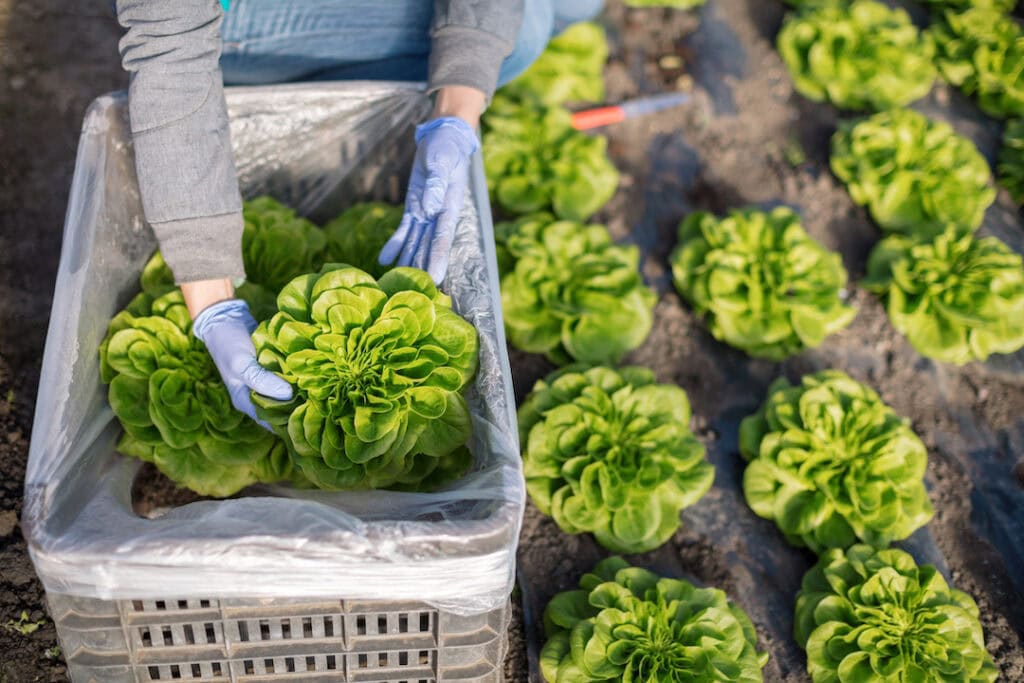
When consumers know the story behind their produce, and understand something about a farmer and their work, a sense of trust is created.
How did social license come about in the first place?
The social license to operate was originally applied to the banking industry. It was then used to define interested stakeholders in the mining and extractive industries � employees, shareholders and the broader community. It rapidly distilled to being central to community expectations around the environmental stewardship of mining and extractive industries.
The term is now loosely used in common parlance and applied against community expectations of trust and confidence for an industry.
Connections build stronger community trust
Cattle breeder Bill Archinal says his customers are very interested in how he and his family manage their environmental stewardship responsibilities.
After a long history of engaging directly with customers through farmers markets, Archinal Farms of Manning Valley now relies on social media and electronic marketing, as well as its reputation, to sell beef and lamb direct to customers.
Bill says the grass-fed component of the family�s production was the key value driver for consumer demand.
�Customers like to know where their food comes from. A lot of them don�t know much about production systems, so they don�t know what questions to ask.
“They don�t believe the bad press around land destruction. They want to know about healthy nutritious food and the environmental aspects of running livestock and the synergies of land management.�
Bill says that most of the customers of Archinal Farms� products are middle-Australia � tradespeople, other small business owners or people employed in middle management � and value either their direct relationship with the farmer or shared values around environmental responsibility.
�Customers like the grass-fed component. They want to know we�re breeding livestock in a way that�s sustainable for the landscape, and that we�re looking after the animals and the water. Our property is on the Manning River � they want to know how we use irrigation, and that we�re being responsible about weed management.�
�We had a lot of customers ask us how the drought and bushfires affected us and our environment.�
His experience supports some of the year two conclusions identified by Kieren.
�If people know someone working in a food or fibre industry, their personal connection drives a more realistic understanding and positive support about a topic or issue,� he says.
Kieren says positive personal connections could be converted into general community trust for primary producers. Community trust then becomes a key factor in how industry organisations engage in dialogue with consumers.
�There are opportunities for industry organisations to speak with confidence and lead conversations that are complex and nuanced,� Kieren says.
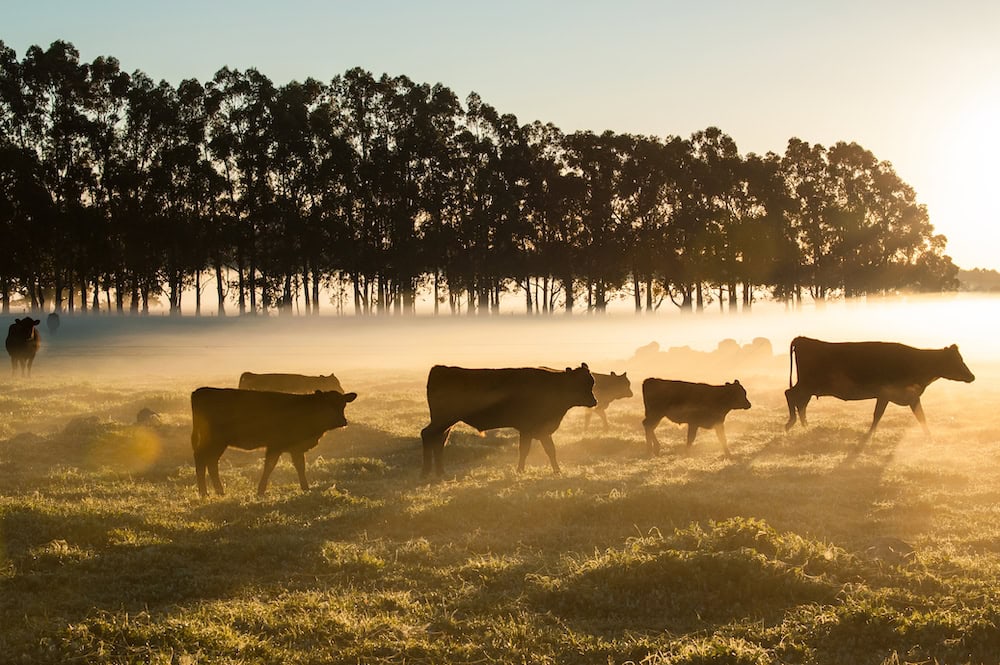
Community trust was also a key driver for how people identified themselves personally with Australian grown and manufactured products.
Livestock and dairy farmers are highly trusted, but there are concerns about animal welfare standards.
�The industry is afraid of engaging in dialogue about reactive issues, but farmers and consumers want to discuss their concerns about animal welfare,” Kieren says.
�People feel cotton is an excellent product, but a lot of cotton is exported, so people�s connection is with the product that is imported. There are opportunities for connecting more with people through conversations that are focussed on their Australian identity.
�When people buy Australian produced product, they feel more connected to their own identity as an Australian. They then build more connections and a stronger trust with that industry.�
Kieren warns that industry organisations are at risk of allowing their communications to be manipulated by media and politically driven perspectives, instead of relying on their members� understanding of community perspectives to drive engagement and dialogue.
�When there are critical assumptions coming at an industry, I think it�s important to take a deep breath and identify the motivation for that perspective,� he says.
“Navigate community trust through meaningful relationships that prove we are listening to concerns and attempting to understand the social contexts of why people have concerns.
“So far this research project has demonstrated that there are opportunities to grow trust, rather than have to create trust.�
This was and is a critical perspective. When the industry demonstrated that it was listening to community concerns and was prepared to change behaviour based on those concerns, community trust grew through a perception of shared values.
As a whole, the farming community is becoming increasingly aware of the importance of strong values to increase trust and awareness around the work we do. You can read more about the role of farm values in this story.


